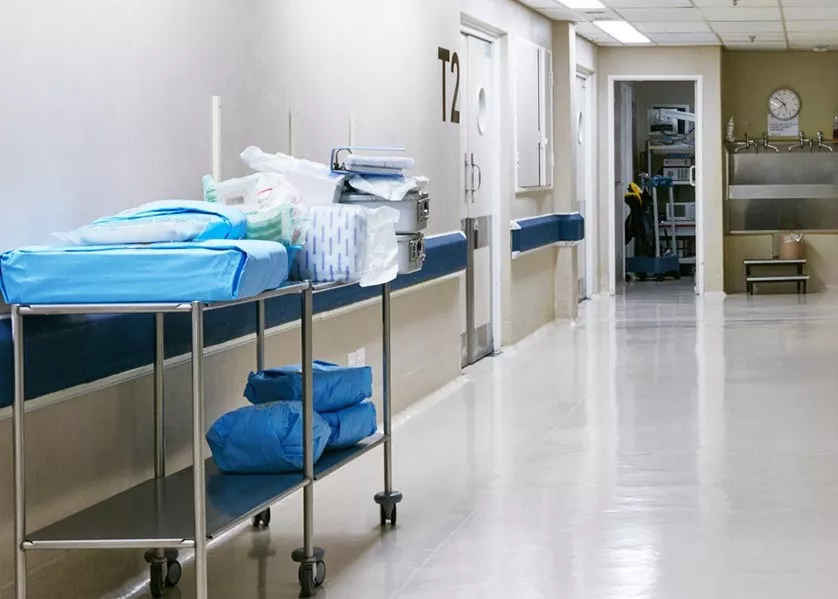
Since early 2020, RCPCH has examined the risks and consequences of the pandemic for its members, the broader child health workforce, and children and young people. The UK Covid-19 Inquiry is an opportunity to consider this work and how we can better support children and young people and paediatricians should a similar scenario arise in the future.
Our opening statement for Module 8 of the Inquiry, focused on children and young people, sets out our core analysis as well as recommendations for the Inquiry to consider. Through its evidence, RCPCH aims to ensure that meaningful lessons are learned to strengthen future crisis preparedness and response, particularly in relation to child health services and the wellbeing of children and young people.
As a core-participant in the Inquiry, RCPCH is recommending:
- In the event of a future pandemic, clearer communications plans with the public, including tailored information to children and young people, at a much earlier stage and with medical Royal Colleges and others fully brought into those discussions so that ambiguity can be avoided
- That a comprehensive paediatric pandemic preparedness assessment is undertaken and a plan prepared to undertake the necessary steps to ensure preparedness in the event of a future pandemic with higher rates of acuity in children. This should consider staffing, spaces, systems and equipment including the level of PICU provision.
More broadly the College calls for equity in focus and funding between children’s and adult services including by:
- Carrying out regular children’s rights impact assessments should be carried out and published to accompany all policy decisions or legislation changes which impact them.
- The introduction of the Children’s Health Investment Standard to address the ongoing investment gap between child and adult health services and ensure all national health funding commitments include a specific proportion that is allocated to children’s health services.
RCPCH President, Professor Steve Turner, said:
Paediatricians understand that incredibly difficult decisions had to be made during the COVID-19 pandemic and accept that it was necessary to prioritise care for the severely affected, the majority of whom were elderly and frail. This inevitably meant an initial de-prioritisation of elective care for other patients, including children and young people.
However, the de-prioritisation of children and young people’s services went on for too long and the indirect impacts of the pandemic on their health and wellbeing were not, and still are not, being given the weight they deserve. Children and young people continue to pay the price for better healthcare of others during the pandemic.
The recommendations we have outlined today are geared towards alleviating the ongoing pressure facing the child health workforce and to ensure that children and young people are never again overlooked in times of national crisis. Children are 25% of our population but 100% of our future.







